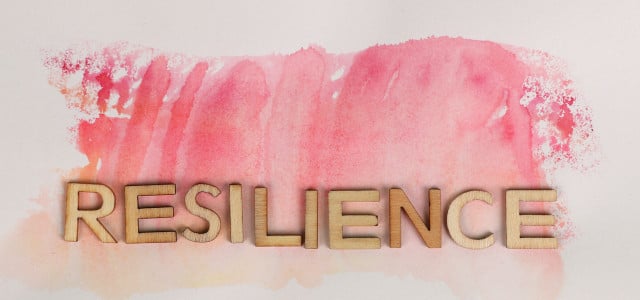Sisu is a type of strength deeply engrained in Finnish culture and the national character. Of course, this philosophy of life can be employed by people all around the world.
Sisu is a Finnish philosophy that focuses on developing the inner strength to push through difficult situations and remain resilient in the face of adversity. This system of thought was born in Finland and is deeply connected with Finnish national identity, but the lessons it offers can be helpful to everyone, everywhere. Read on to learn about how to apply the principles of Finnish sisu philosophy in your own life.
What Does Sisu Mean?

While the concept of sisu has no literal English translation, it is most closely associated with the word ‘gutsy.’ In fact, the Finnish word ‘sisu’ actually comes from a word meaning ‘the intestines,’ referring to grit coming from the inside of the body. Sisu is a type of stoic determination, perseverance, tenacity of purpose, and bravery in the face of extreme adversity and hopelessness. It is an energy and a survival technique employed when something seems impossible. Sisu is something embodied both in the moment and over time. It’s a quality similar to honor or integrity, and it’s a big part of the Finnish identity.
While sisu was previously a term reserved for misfits and outsiders, its connotation shifted to something more positive in the 1920’s. After Finland gained independence from Russia in 1917, sisu was defined as the social glue which held the citizens together and characterized the nation. Specifically, the word has been used to describe Finnish politics, their ability to thrive in the cold, and many sporting achievements. One of Finland’s national examples of sisu is the great climber Veikka Gustafsson, who was the first Finn to climb Mount Everest in 1993, and the ninth climber of all time.
Developing and Using Sisu



Everybody has a certain amount of sisu, and it’s not just limited to Finns. The Japanese have a similar concept called ‘ganbaru,’ which refers to tenacity in difficult times. Regardless of whether your culture has a word to describe this term, you have sisu inside of you, and it’s something you can further develop as well. Just like a muscle, sisu can be strengthened and improved on through practice. You can work on your sisu over time until it becomes an everyday tool. Here are some tips for employing sisu.
- Make Definitive Choices: Don’t be wishy-washy. Make the best decision you can with the information you have, and then stick with it. This also means accepting the consequences of your decisions rather than deflecting or back-pedaling when things get hard. In general, see your commitments through, whether it’s a favor for a friend, a class you signed up for, or a promise you made to yourself.
- Push Yourself Out of Your Comfort Zone: Push yourself to new heights by treating discomfort as an opportunity rather than something to avoid. By pushing through minor discomfort, you will grow over time. For example, maybe you can work on your exercise routine, public speaking, or your self-advocacy. You can develop your sisu through everything from long-distance running to asking for a raise, even though you’re afraid of confrontation.
- Look to Others for Inspiration: Think of elders and mentors who you think have great sisu, and try to channel their strength in difficult moments. Just thinking of what a loved one may do in a certain situation can be very inspiring and helpful in making the right choices. For example, if you’re having a hard time studying for a university exam, think of your parents’ achievements and think about what they would say if they knew you were considering giving up. You can even think back to your own past achievements, especially in situations where you implemented sisu, and remember how rewarding that can be.
- Be Aware: Try to notice when and where you are using sisu compared to times you are not. In what sort of situations are you shying away more than others? Use this information to try to develop your inner strenth further. For example, if you consistently avoid speaking about your needs with friends or at the office, this is an area where you can improve.
- Remember: Sometimes, if taken too far, this philosophy can make people stubborn and unwilling to ask for help. This is not productive and can even be damaging. While sisu is meant to help through hard times, this doesn’t necessarily mean you must face everything alone. Remember to use your support system, listen to the advice of others, and lean on people when you need to.
Read more:
- Ikigai: Meaning as a Japanese Way of Life
- How To Be a Stoic & Manage Stress
- 12 Different Types of Journals for Staying Mindful
Important Information regarding Health-related Topics.
** Links to retailers marked with ** or underlined orange are partially partner links: If you buy here, you actively support Utopia.org, because we will receive a small part of the sales proceeds. More info.Do you like this post?








